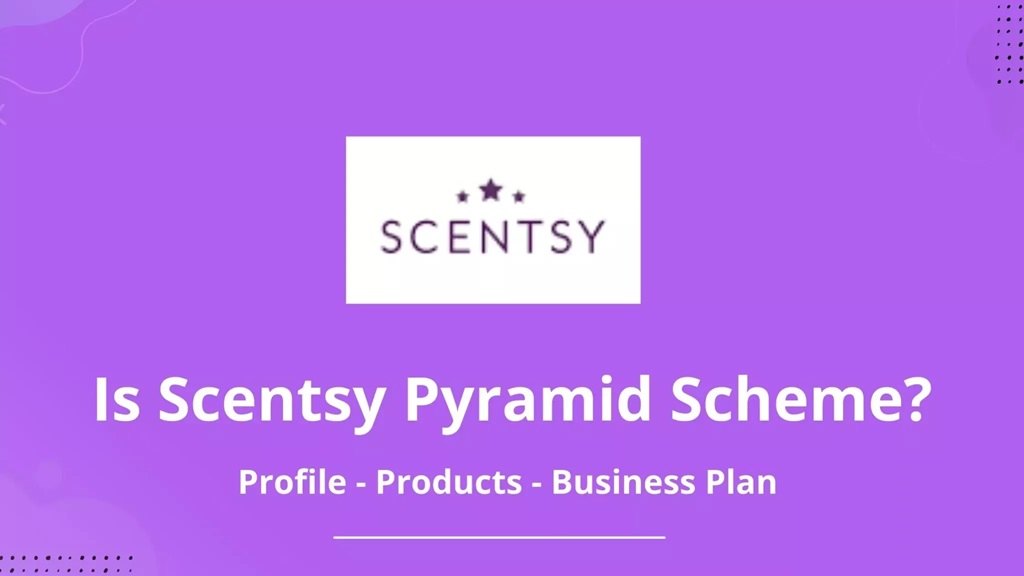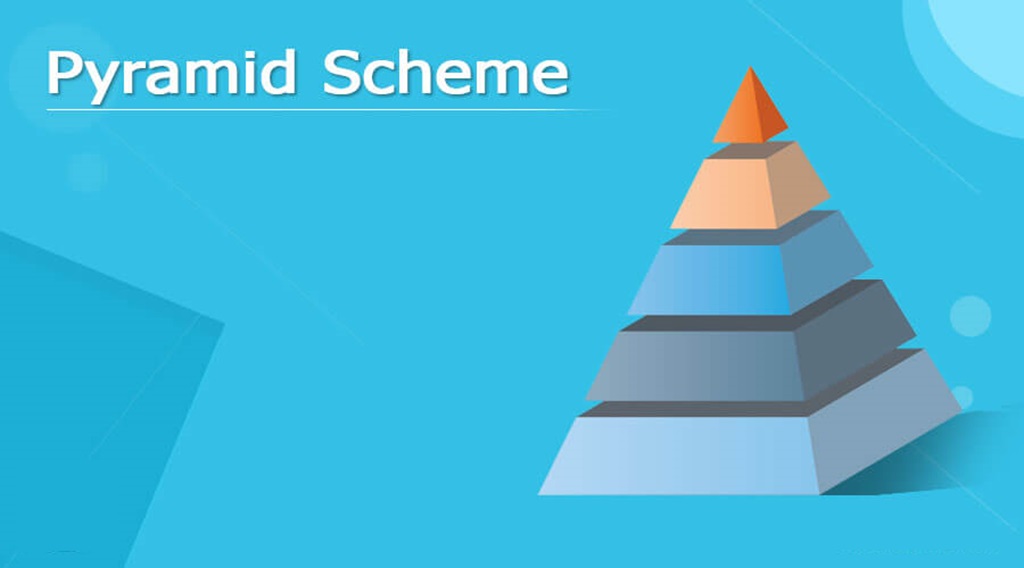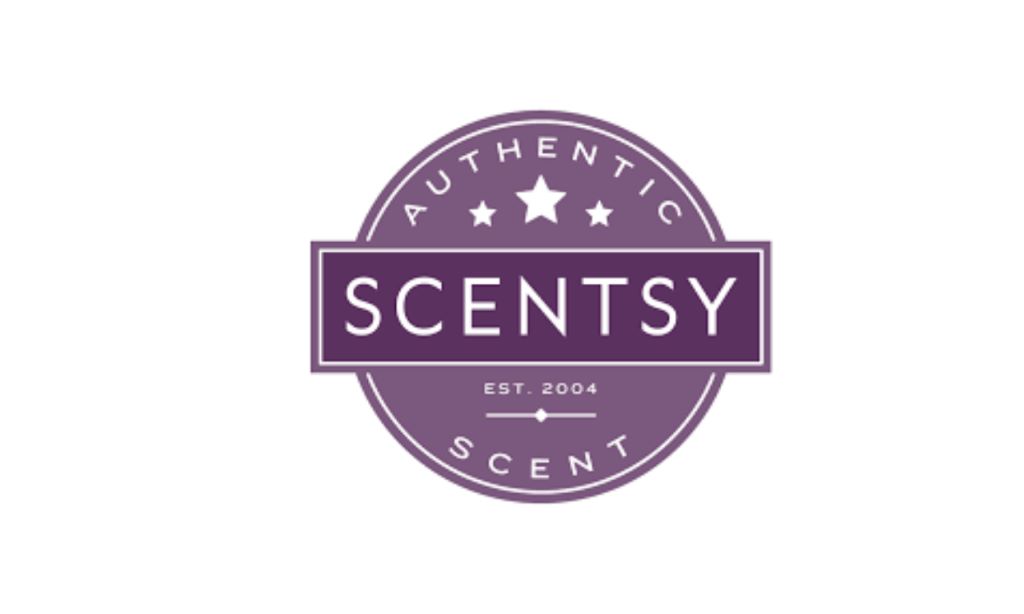Scentsy has established itself as a prominent brand in the home fragrance industry for more than 20 years. The company’s range of products includes scented warmers, wax bars, diffusers, and body care items, which are widely used in households across the globe. Despite the positive feedback and popularity of Scentsy products, some people still wonder if the company is operating as a pyramid scheme.
Defining a Pyramid Scheme
Before diving into Scentsy’s business model, let’s establish a clear understanding of what constitutes a pyramid scheme. A pyramid scheme, also known as a Ponzi scheme, is a fraudulent investment operation where participants earn money primarily by recruiting new participants into the scheme, rather than from genuine product sales.
Understanding Scentsy’s Business Model
Scentsy operates through a multi-level marketing (MLM) structure. Independent consultants, often referred to as Scentsy Consultants, purchase products from the company at a wholesale price and sell them to retail customers. Additionally, consultants can earn commissions by recruiting new consultants into their downline, forming a multi-level hierarchy.
Red Flags of Pyramid Schemes
Several key characteristics distinguish pyramid schemes from legitimate MLM businesses:
- Overemphasis on Recruitment: Pyramid schemes prioritize recruiting new members over selling actual products.
- Unrealistic Income Claims: Pyramid schemes often make exaggerated promises of high earnings, often with little to no effort.
- Heavy Inventory Burden: Consultants are encouraged to purchase large quantities of products, leading to financial strain if they’re unable to sell them.
- Downline Focus: The primary focus is on building the downline rather than generating retail sales.
Evaluating Scentsy Against Pyramid Scheme Criteria
Analyzing Scentsy’s business model against these red flags reveals some concerning aspects:
- Recruitment Incentives: Scentsy offers significant bonuses and rewards for recruiting new consultants.
- Income Potential Discrepancies: While top Scentsy earners make substantial incomes, the majority of consultants struggle to make a profit.
- Inventory Requirements: Scentsy requires consultants to purchase a starter kit, and some consultants feel pressured to maintain a high inventory level.
- Downline Emphasis: Scentsy’s compensation plan heavily emphasizes building a downline, with commissions often tied to the performance of recruits.
Conclusion
Although Scentsy has not been officially designated as a pyramid scheme, its business practices give rise to several concerns. While exploring the 7 types of investment, it is essential to exercise caution and discernment, especially when confronted with business models like Scentsy that place significant emphasis on recruitment, present unrealistic income claims, and impose an inventory burden on its representatives, thereby raising questions about the sustainability and legitimacy of such ventures.
FAQs
Is Scentsy illegal?
No, Scentsy is not illegal. The company has never been charged with operating as a pyramid scheme.
Can I make money with Scentsy?
Yes, some people make money with Scentsy, but the majority do not. The income potential varies significantly, and many consultants struggle to make a profit.
Should I join Scentsy?
Before joining Scentsy, carefully consider the potential risks and rewards. Understand that the odds of making significant income are low, and you may end up with excess inventory.
What are the alternatives to Scentsy?
If you’re interested in home fragrance products, consider purchasing them directly from retailers or exploring other MLM companies with a stronger focus on product sales and less emphasis on recruitment.
What are the ethical concerns about Scentsy?
The focus on recruitment and the potential financial pressure on consultants raise ethical concerns about the sustainability and fairness of Scentsy’s business model.





